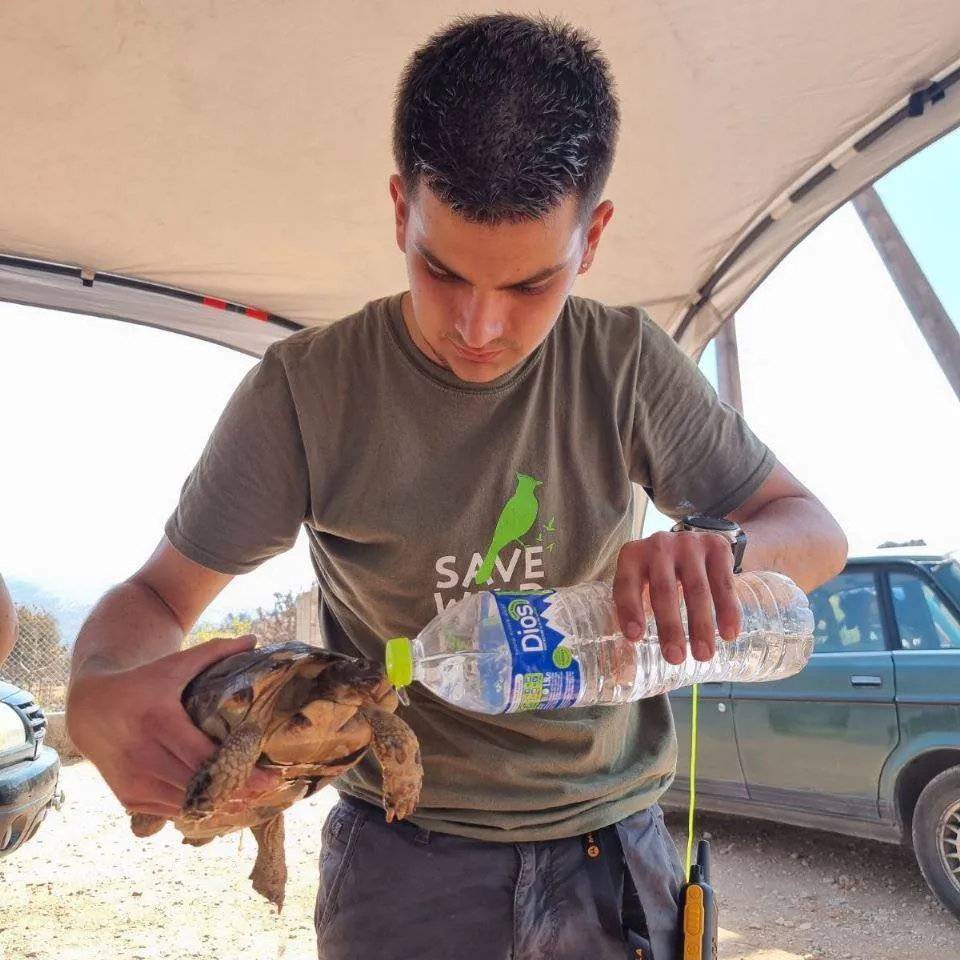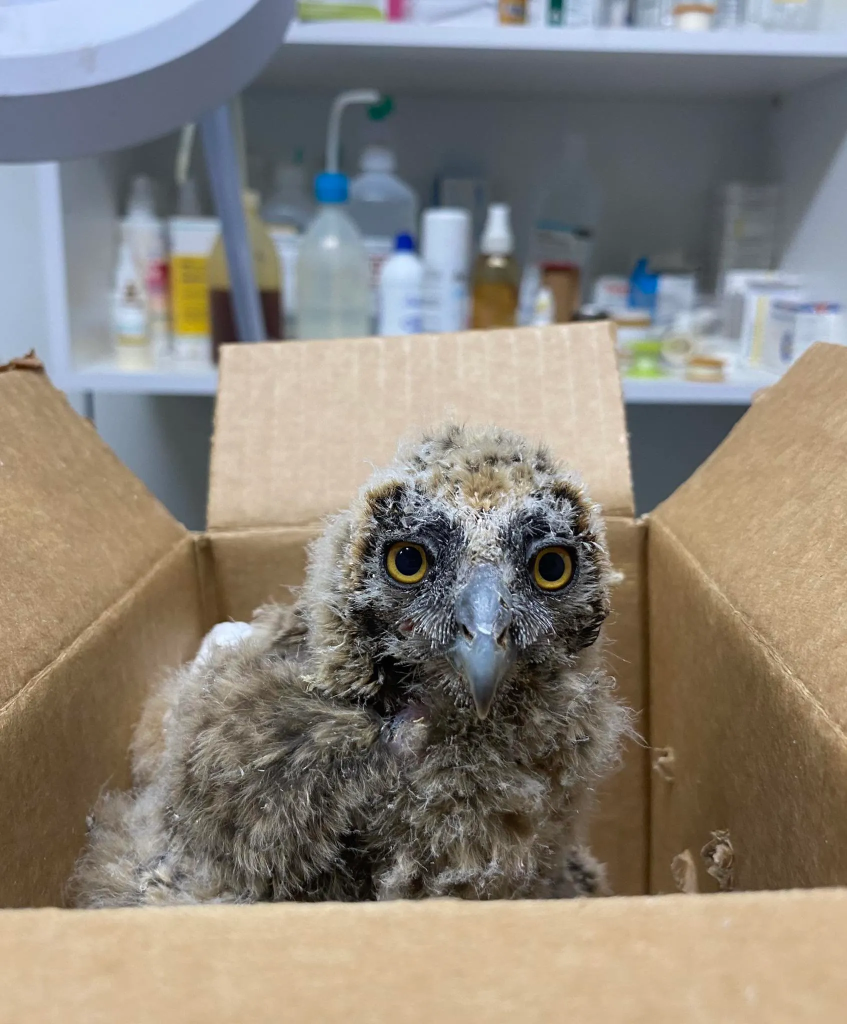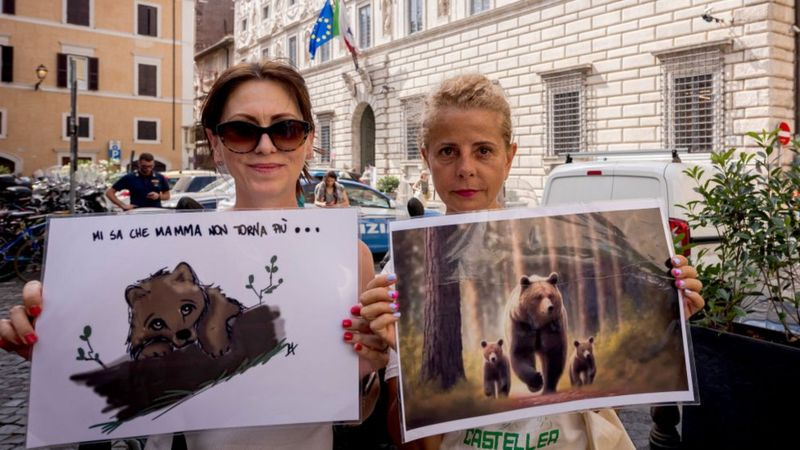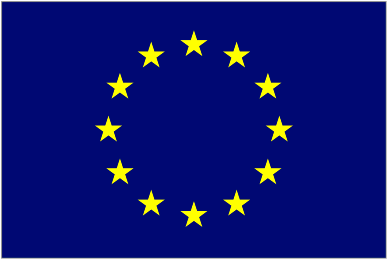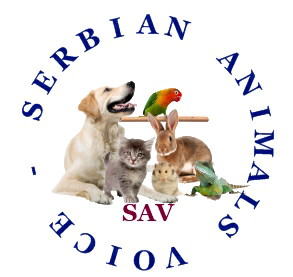Demand Justice for Six Kittens Brutally Tortured and Killed in Chicago
https://themessenger.com/news/girlfriend-turns-serial-kitten-killer-into-police-says-he-wouldnt-stop-buying-cats-to-torture-report
Girlfriend Turns Serial Kitten Killer Into Police, Says He Wouldn’t Stop Buying Cats to Torture: Report
He’s been arrested and charged with animal torture
Published 07/12/23
A 22-year-old Chicago man has been arrested and charged with aggravated animal cruelty after his girlfriend found videos and images on his phone of kittens being violently killed.
Thomas Martel is accused of killing at least six kittens in the past three months and buying lookalikes on Craigslist so his mother wouldn’t become suspicious, CWBCChicago reports.
Even more horrific details were revealed in a bail hearing this week reported by The Daily Beast, with prosecutors alleging he drowned and microwaved the kittens.
Judge Kelly McCarthy called it “a pattern” of “going back again and again.”
“Killing an animal, going out and get a replacement. Kill that one, get a replacement. Kill that one, get a replacement,” she said. “And, unfortunately, this was allowed to continue for a sustained period of time and numerous animals lost their lives.”
Martel’s girlfriend, who remains unnamed, says he told her “he enjoyed killing cats and he had been like that since he was eight years old.”
She alleges Martel bought at least five different, but similar-looking, kittens named Shelly over a few week period — each time the previous Shelly disappeared or died.
According to The Daily Beast, when she tried to tell him to stop buying cats he immediately called asking for money to buy another kitten.
She also told authorities he admitted to killing three cats in the microwave, which led them to discover a black, foul-smelling bag in the pantry with parts of “multiple” kittens.
Martel faces four counts of animal torture and two counts of aggravated animal cruelty.
He turned himself in to the police on Monday and is undergoing a week-long mental health evaluation, CWBCChicago reports.
The FBI’s Law Enforcement Bulletin in a post from 2021 discusses animal cruelty and its link to violence against humans. Studies suggest violence against animals is a predictor of future offenses, including domestic violence, arson and weapons charges.
Officials encourage those experiencing or witnessing domestic violence or violence against animals to contact The Humane Society of the United States or the National Domestic Violence Hotline at 800.799.SAFE(7233).
***************************************************************
https://www.thedailybeast.com/chicago-man-accused-of-brutally-killing-cats-and-replacing-them-with-lookalikes?ref=scroll
Chicago Man Accused of Brutally Killing Cats and Replacing Them With Lookalikes
HORRIFIC
Some of the kittens may have been microwaved, a prosecutor said.
Dan Ladden-Hall
A Chicago man has been accused of killing at least six kittens since May and buying lookalike replacements of the animals so that his mother wouldn’t become suspicious.
Prosecutors have charged Thomas Martel, 22, with four counts of animal torture as well as two counts of aggravated animal cruelty, according to CWBChicago.
At a bail hearing Tuesday, Cook County Assistant State’s Attorney Sarah Dale-Schmidt detailed horrific allegations of brutality in which she claimed Martel drowned and possibly microwaved the kittens.
Police reportedly became aware of the alleged cruelty last month when Martel’s girlfriend gave authorities disturbing images and videos she found on his phone, including one picture of a living kitten captioned “just before I murdered her.”
Prosecutors claim he also recently told his partner that “he enjoyed killing cats and he had been like that since he was eight years old.”
At one point during his alleged spree, Martel’s girlfriend said he kicked her out after she told him he had to stop buying cats—only to immediately call asking for more money to buy another kitten.
Martel’s girlfriend also said he later told her he had microwaved three cats and put them in the pantry of his apartment, where police subsequently found a bag containing what looked like parts of “‘multiple’ kittens,” according to Dale-Schmidt.
Martel turned himself into police on Monday.
Regards Mark and Diana


